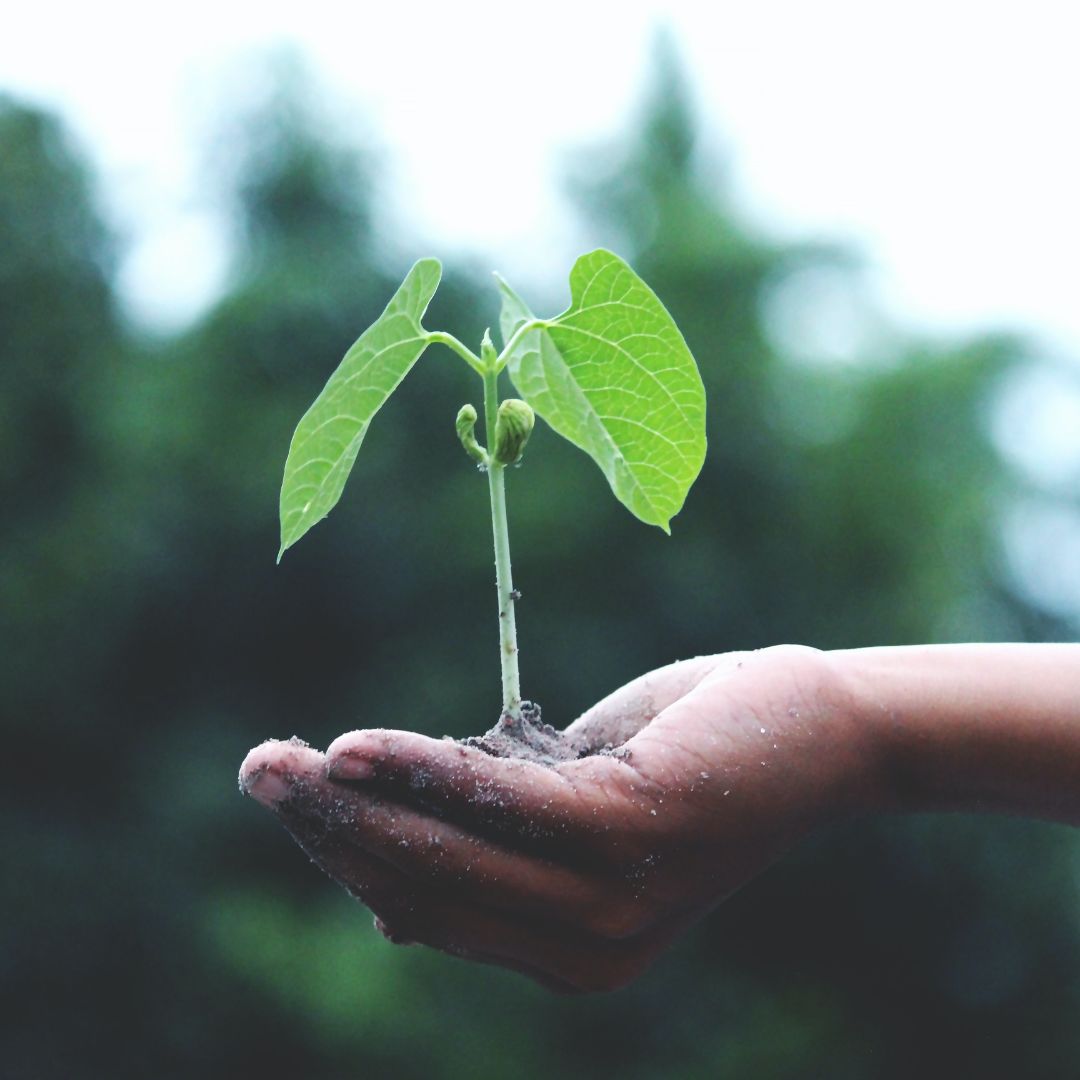
How to Help Nature in Your Garden
Share
We know our natural world is in crisis. But what can we do about it? We bring you six easy changes you can make to help nature in your garden. Believe it or not they might even make life easier for you too!
4. Don't mow the lawn (and ideally get rid of it)
Tips for those without gardens
Whether you're a gardener or a nature-lover, our brand new collection is full of gifts for the green-fingered and aspiring Attenboroughs! Check out 80 gifts for gardeners and nature-lovers.
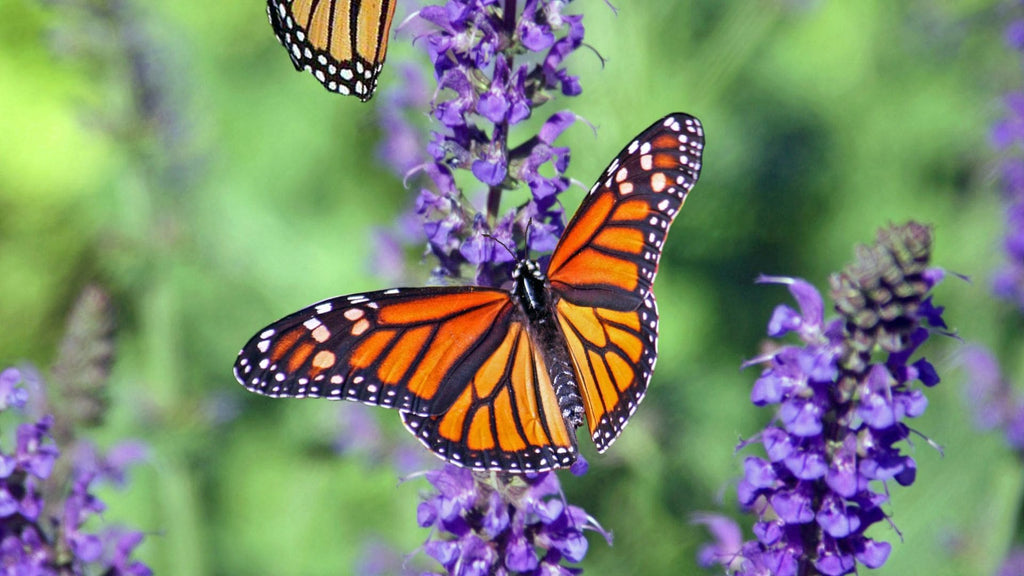
1. Help pollinators
Pollinators help plants reproduce by moving pollen between flowers. A massive 90% of all wild flowering plants rely on animal pollination, and 75% of the crops we eat need to be pollinated in some way.
So what can you do to help pollinators in your garden?
- Help pollinators to thrive in your garden by planting flowering plants that bloom at different times. Bees particularly like single, open flowers.
- Avoid pesticides which can harm and kill pollinators, use natural pest-control methods or choose plants that are resistant to pests.
- Give pollinators undisturbed places to nest. Leave sticks, branches and trunks for pollinators to create nests or install nesters for wildlife in your garden.
- Provide a shallow dish and keep it topped up with rainwater so pollinators can have a drink, this is particularly important in hot, dry weather.
Intrigued by bees? Check out our guide: all about bees and how to help them.
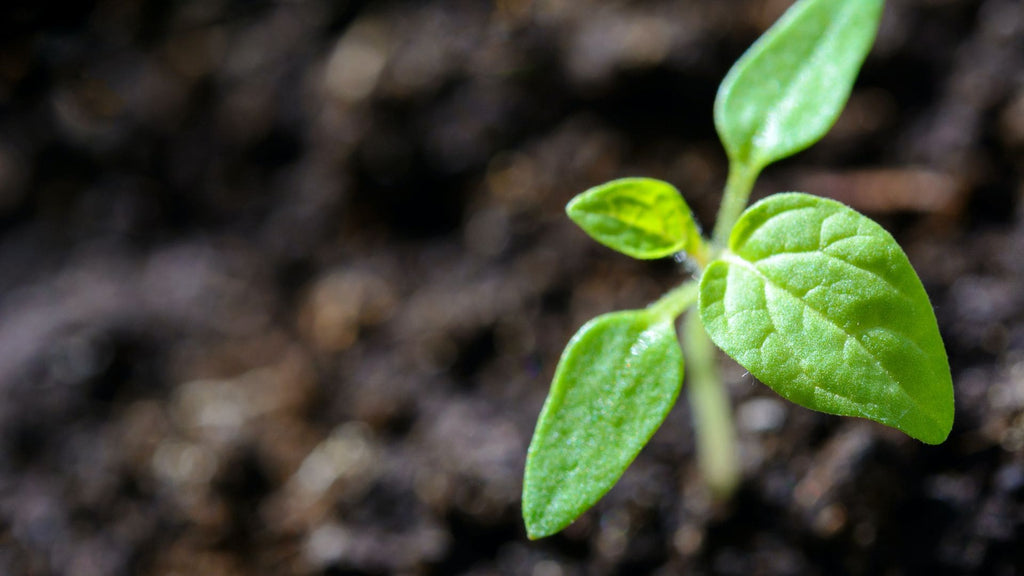
2. Dig less (you're welcome)
Save your back and stop digging! Digging the soil in your garden disturbs the natural ecosystem that exists within the soil. The soil is home to a wide variety of microorganisms, including bacteria, fungi, and other creatures, all of which are essential to maintaining a healthy soil ecosystem. When we dig the soil, we disrupt their habitat and can cause harm to these organisms, which can lead to a decrease in soil fertility and negative impacts on wildlife.
Many gardeners now advocate for layering compost or manure over the top of the soil and leaving worms and microorganisms in the soil to work the goodness in. Find out more about no-dig gardening from the Soil Association.
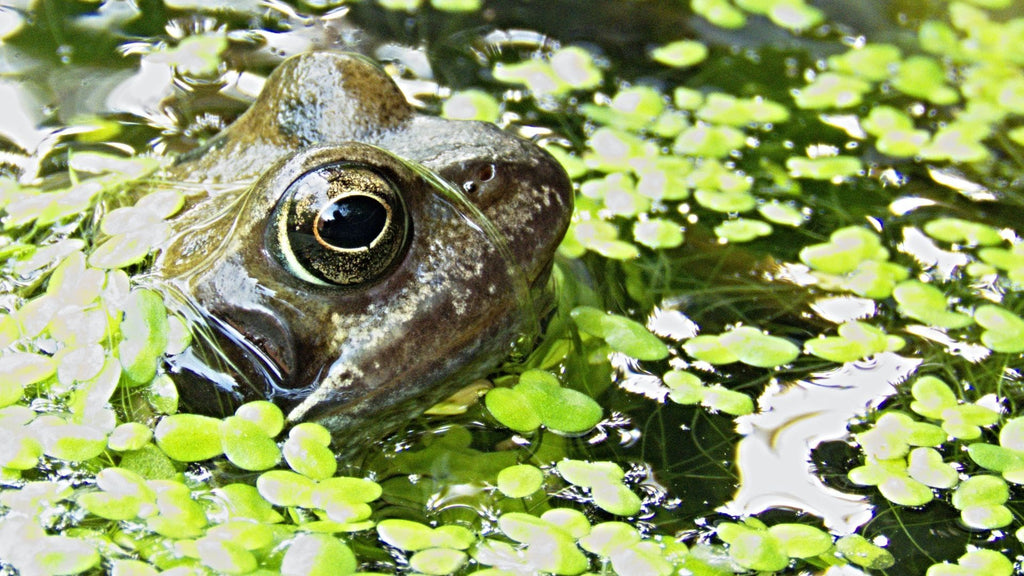
3. Create a pond
Ponds are an excellent addition to any garden and are valuable for wildlife, as well as providing an interesting feature and an opportunity for children to learn about wildlife and ecosystems.
Creating a pond helps to support a range of aquatic plants and animals including birds, frogs, newts, and dragonflies. Creating this ecosystem can help increase biodiversity in your garden which can be particularly important if you live in an area with limited natural habitats.
Ponds don't have to be big: a bowl, basin or even an old bath or dustbin can be sunk and filled with water. Add a few plants, a slope for wildlife to get in and out and voila! Find out more about how to create a wildlife pond from the Wildlife Trusts.

4. Don't mow the lawn (and ideally get rid of it)
- Fewer weeds
- More wildlife
- An increase in pollinators
Three good reasons to not mow your lawn. Even choosing to mow it a little less can help the wildlife in your garden. Longer grass provides cover, food and shelter for insects, small mammals, and birds. Longer grass even stores more carbon than short grass.
Why not get involved in No Mow May and leave the grass to grow throughout the month of May? Your lawn can help provide vital food for pollinators.
If you're ready to go one step further, consider ditching the monoculture of your grass lawn and replacing it with something with more biodiversity, like a wildflower meadow, low-growing herbs (think chamomile or clover), or moss.
Why do we have lawns anyway? It's thought we see the short and clipped look of a lawn as a safe space, and it's long been touted as the aspirational symbol of middle-class home ownership. Find out more about the origins of our obsession with lawns in Born to Rewild, in The Guardian.com.
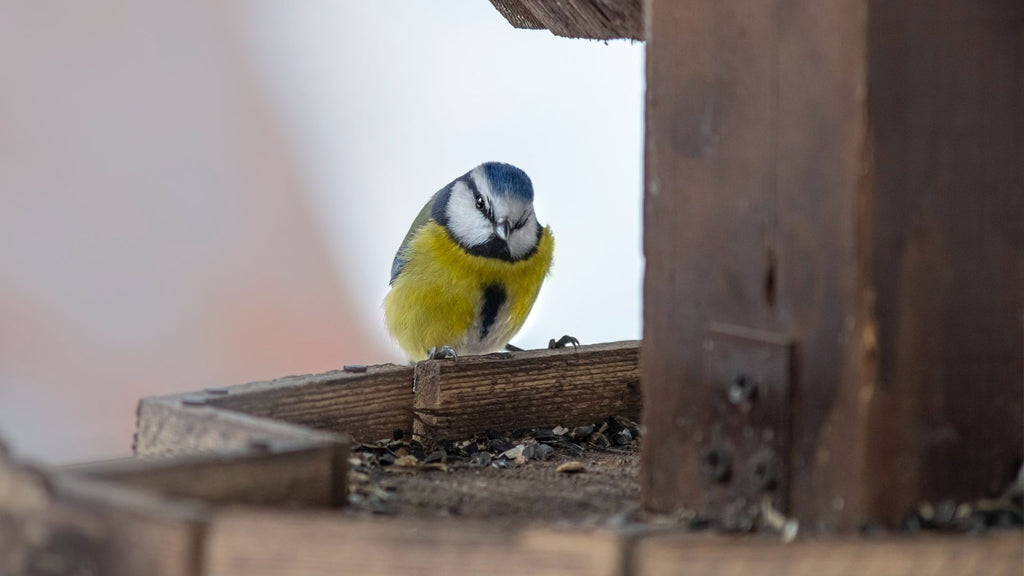
5. Feed (and house) the birds
Changes in farming have resulted in a decrease in birds across the UK. This is particularly noticeable amongst species like the song thrush, skylark, lapwing and house sparrow.
Create a welcoming environment for birds in your garden by trying some of these ideas:
- Put up a bird feeder or bird table and provide a bird-friendly feast! It's particularly important to feed birds during the winter and early spring when they might struggle to find food elsewhere.
- Plant for birds. Hedges, shrubs and trees can provide shelter and food for birds. It's also important to consider plants and habitats that attract insects as they are a vital source of food for birds too.
- Provide water. Birds need water for drinking and bathing, so a bird bath or shallow water source can be very helpful. Be sure to change the water regularly and fill it up with rain water if possible.
- Provide nesting and roosting spaces: small garden birds need safe roosts to shelter over winter and to raise their young. Check out our range of bird nesters created from upcycled saris for a unique addition to your garden.
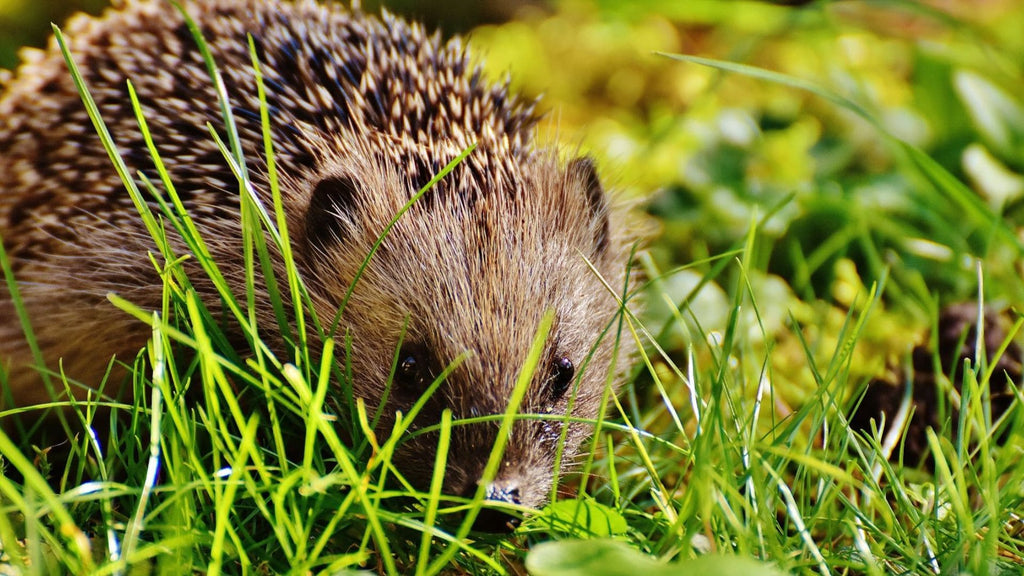
6. Become a Hedgehog Champion
If, like me, you have a bit of a soft spot for hedgehogs then check out Hedgehog Street. They are campaigning to make sure the hedgehog, the UK’s only spiny mammal, remains a common and familiar part of British life.
You can learn about how to help hedgehogs in your garden and even sign up to join 70,000 hedgehog champions! Now that's something pretty special for your CV...
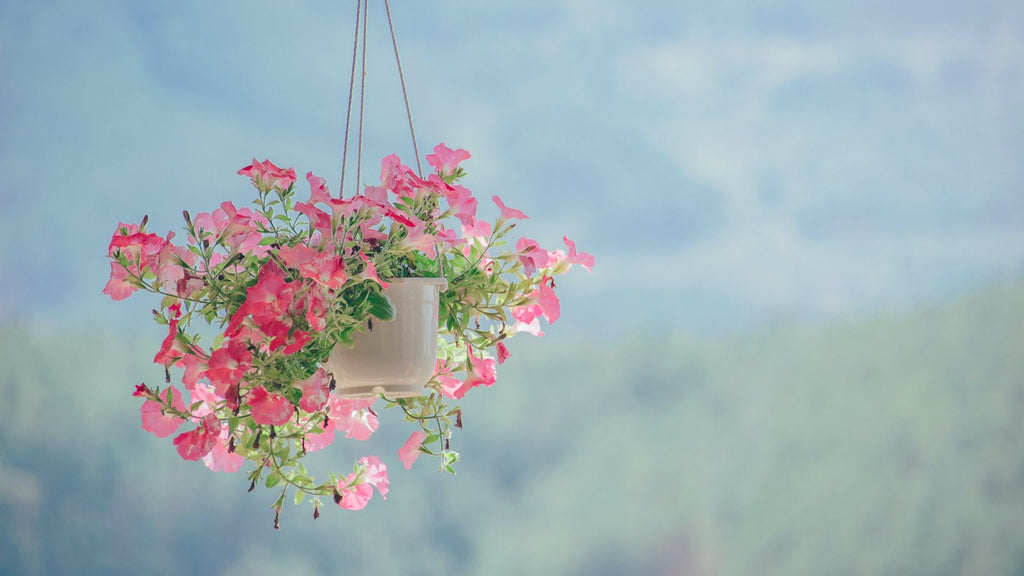
No garden? No problem
What if you don't have a garden?
- Grow a wildflower meadow in a pot on your windowsill, or plant a pollinator-friendly hanging basket using plants from this guide from the Wildlife Trusts.
- Put a bird feeder outside your window and enjoy feeding birds and finding out who's living locally.
- Look for community gardens where you can enjoy a local green space, and support initiatives to increase wildlife in your local area.
Looking for more?
The Wildlife Trust features six practical actions that will support wildlife. Learn how to build a pond, make a hedge for wildlife or build a hedgehog home.
What have you done to help nature in your garden? Comment below and let us know!

At Good Things you’ll find inspiring ethical and sustainable gifts that support charities, empower people and protect our planet. Discover gifts for all ages and inspiring ideas like cards that plant trees, handmade cushions empowering people in Tanzania and eco toys made from recycled milk bottles. Have a look at our collections.
Check out more Little Ways to Love the Planet or sign up to have Good Things popped into your inbox every weekend.

